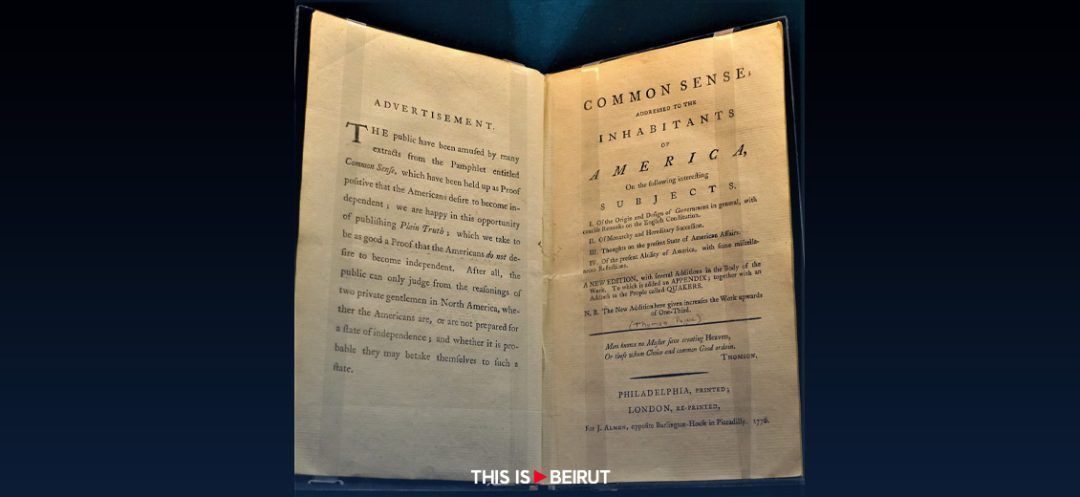
Common sense might not be that common, as new research has uncovered.
Common sense, as defined in the Collins dictionary, is “your natural ability to make good judgments and to behave in a practical and sensible way.” The term has been used by people from times immemorial to describe sensible understanding, even if they don’t know why.
The most famous written example of common sense is a pamphlet by Thomas Paine in 1776 called “Common Sense.” In it, he argued for American independence from Britain and promoted the idea of self-governance, thus inspiring the Revolutionary War that later led to America’s independence.
Empirical Quantification
However, what one person might consider common sense might differ according to another’s perspective. In a paper published on January 16 by Mark Whiting and Duncan Watts in Proceedings of the National Academy of Sciences, the pair of social scientists at the University of Pennsylvania argue that the idea has hardly been studied. The results reveal intriguing patterns and insights.
In a case study involving 2,046 human raters and 4,407 claims, the scientists try empirically to quantify common sense at both collective and individual levels.
In their findings, they write that plainly worded claims regarding facts about the real world are the most commonly referred to as common sense. These claims span a wide range of knowledge domains: “numbers don’t lie, we must always trust the math,” “all human beings are created equal,” and “avoid close contact with people who are ill” are but some examples.
They found that between individuals, claims considered to be common sense often varied, whereas at a collective level, claims that were deemed to be of common sense to one group were not necessarily understood by another.
Social Perceptiveness
In essence, the closest alignment with common sense is observed in plainly worded, fact-like statements about everyday physical reality. These types of claims resonate more strongly among individuals. Surprisingly, factors such as age, gender, and demographic attributes have minimal influence on an individual’s common sense. Instead, attributes like social perceptiveness play a more substantial role in shaping an individual’s alignment with common sense.
However, collective common sense proves to be rare. The study highlights that only a small fraction of people agree on a larger fraction of claims. This finding challenges the notion of universal common sense and raises important questions about its variability across different populations.
The researchers concluded that this study may be helpful in future research in regards to social science and the development of AI applications.
Read more




Comments